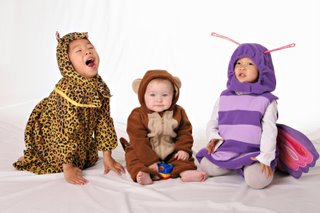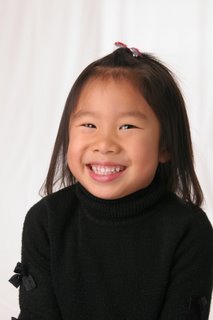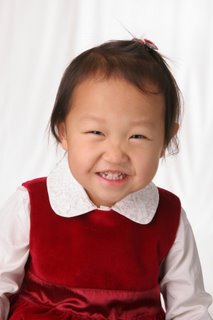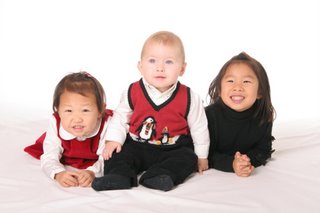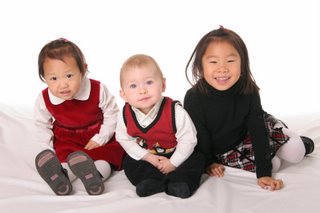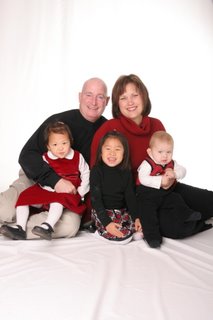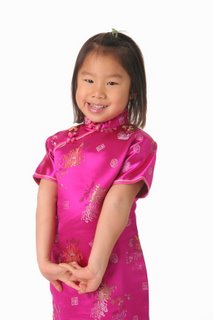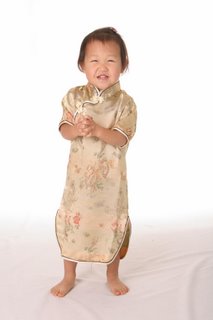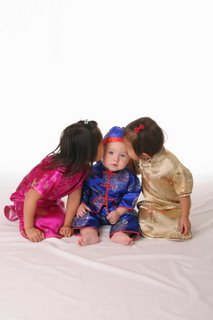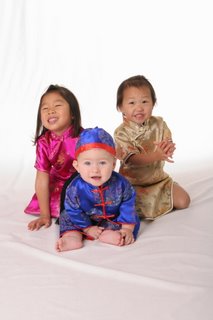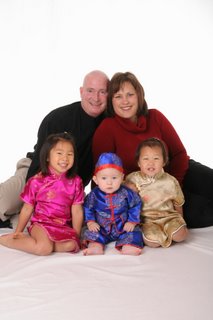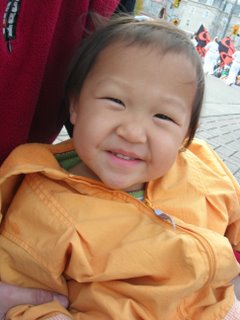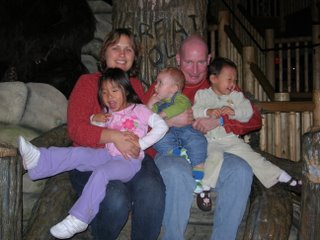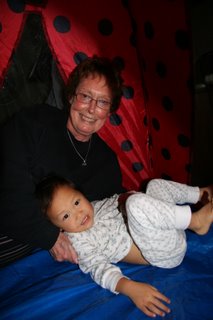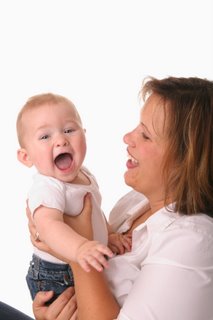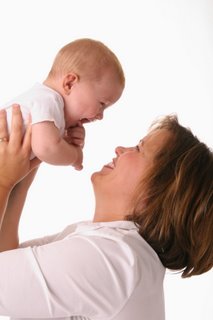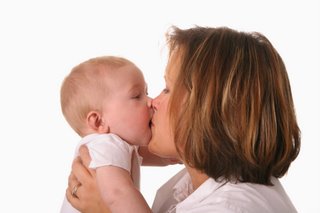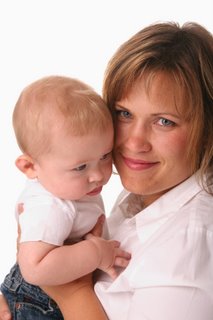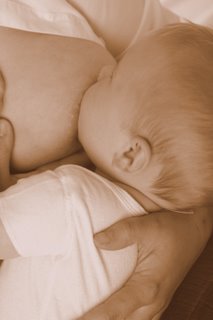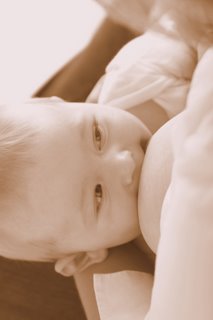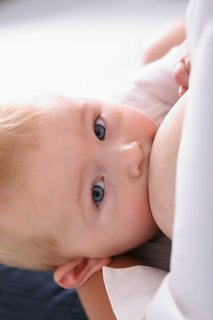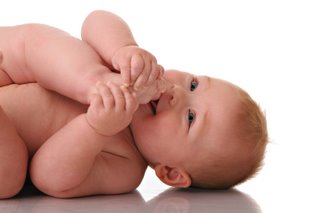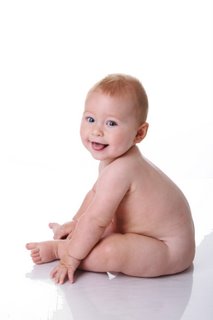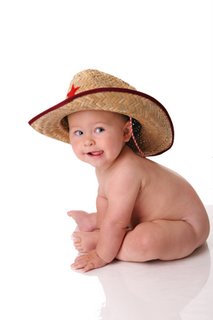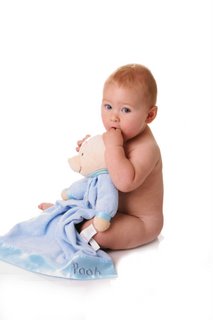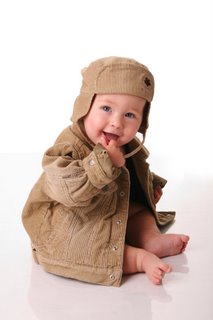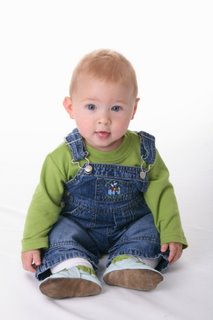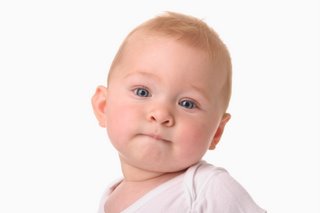Madonna's adoption of a boy from Malawi has brought about a spotlight on international adoption this month. On the 23rd of October, our local newspaper printed an editorial that really frustrated me. I sent a reply to the paper that week, and it was printed on the 30th(albeit with a lame title that indicated I was promoting "world peace"). So many folks have commented on my letter and have wanted to re-read the original editorial as well, so I've copied it, and my response below.
Cobourg Daily Star (ON) Editorial Page,
Monday, October 23, 2006,
More to adoptions than publicity
The entertainment world - which increasingly intrudes on the world of news - is agog with the recent adoption by singer Madonna of a 13-month-old boy named David Banda from Malawi.
The entertainer already has two biological children with her husband, Guy Ritchie. Her stated purpose in enlarging the family at this time is to rescue this one child from a life of poverty and disease.
David's biological father, meanwhile, has apparently only now realized that allowing Madonna (or anyone else) to adopt his son, means surrendering his parental rights completely and forever.
Yesterday, he was telling the media: "I was never told that adoption means that David will no longer be my son... If I was told this, I would not have allowed the adoption."
Mr. Banda's wife, David's mother, died shortly after giving birth. Unable to care for his son, Mr. Banda took him to an orphanage. Now, David is poised to become brother to Lourdes and Rocco Ritchie and Mr. Banda is suggesting he thought the adoption only meant Madonna would pay to educate and care for David.
To her credit, according to BBC News, Madonna funds six orphanages through her Raising Malawi charity and is setting up an orphanage for 4,000 children in a village outside the capital, Lilongwe. She is doing much more than helping one child or (less charitably) acquiring an African accessory to complement her white son and daughter.
Treading the streets of Toronto today, one would think the latest Yuppie fashion must-have is a Chinese daughter.
But, before we allow our cynicism to take over, perhaps we should consider the lives these adoptees might have, if they were not chosen by affluent Westerners.
China's longtime one-child policy meant that male children became even more of a priority for families. Within that culture, historically, girls married into another family and were no longer responsible for their birth parents, whereas sons, in addition to continuing the family name and lineage, could be relied upon to care for parents in their old age. When the government decreed that overpopulation and waning resources would only allow for one child per family, more affluent or urban couples began seeking confirmation of gender before birth, i.e. through ultrasound technology. Female fetuses were often aborted.
In the countryside, where such technology may not have been available, many baby girls were abandoned. Orphanages filled up, until childless western couples discovered this "motherlode" of healthy babies for adoption.
It would be wonderful to think that Madonna (if she does, in fact, get to adopt David) and other cross-cultural adoptive parents would learn and pass on something of their child's ethnic background. If they don't, the sense of cultural displacement the children may feel pales in comparison to the hardships they would have experienced, if left in their homeland orphanages.
More and more, not only within society, but even within families, multiracial ethnicity is becoming the norm.
It is sad to think that this may contribute to the dilution of cultures and an increasing sameness amongst humanity.
But it is encouraging that we are increasingly seeing all human people as part of one human family - our own.
------------------------------------------------------------------------------------------------
Cobourg Daily Start, Editorial Page
Monday October 30th
Interracial adoptions enrich families and promote world peace
As a mother who has been blessed with three amazing children (two adopted from China and one biological), I would like to comment on “More to adoptions than Publicity” (October 23, 2006). Not only do I struggle to understand what point is being made, there are several insinuations within the editorial that I take issue with.
I interpret the comment that Madonna “already has two biological children with her husband Guy”, as the editor’s way of suggesting that they have no right to build their family through adoption. Perhaps the feeling is that adoption should be reserved for the infertile?? It may surprise you that some families feel a higher motivation to provide a home for any child, as opposed to a home for a child who is an exact replica of themselves. I don’t know anyone who has ventured within the walls of an orphanage (whether it be in China, Ukraine, Russia, Cambodia, Malawi, etc), and not seen a child who has stolen their heart. It is a humanizing and humbling experience. One that makes a person appreciate the blessing that was bestowed upon them at birth. To get a glimpse into an innocent child’s personality, to know that you can provide what they need, and to not wish to do that is a nearly impossible thing to do. If more people would consider adoption (fertile or not), there would be far fewer children growing up without parents around the world.
Madonna’s choosing to adopt David is referred to as “less charitable”. Adoption is not about charity, it’s about building a family. Adoptive parents find it objectionable when people make the comment, “what a wonderful thing we have done to adopt a poor orphan”. What they fail to see is that the gifts our children give us far outweigh any “good deed” we may have done. They also rarely recognize the losses that our children experience in adoption, believing incorrectly that our heritage and culture is far superior.
The majority of families I know who have adopted internationally are far from affluent. Most of them have either gone into debt to finance their adoptions, or have made saving for their adoption a priority things like a new car or a bigger house. The Angelina Jolie’s and Madonna’s of the adoption world are in the minority.
Regardless, adoptive children are neither “African accessories” nor “Yuppie fashion must-haves”. These children are human beings whom we love with every fiber of our being. Parenting is a tough job, one which goes beyond a cute baby. The author has demonstrated in this editorial that it is also a job that you are judged more heavily on when you have a conspicuous family.
The choice to adopt internationally is rarely taken lightly by parents, and is often reached after experiencing frustrations associated with domestic adoption. In the case of trans-racial adoptions, parents look beyond race and ethnicity to see a child who needs a family and to realize that they can provide that.
China is by far the most popular country to adopt from right now, in part because there are so many children who need homes. But China also has one of the most predictable and above board adoption programs in the world, making to less likely to be subject to the improprieties associated with other adoption programs. I commend the editor for taking the time to educate the world on one of the reasons that children are available for adoption in China, but there are others as well (poverty, illness, disability and death to name a few). I also congratulate the author for recognizing that families who adopt a child from another country need to “learn and pass on something of their child’s ethnic background” to prevent the “sense of cultural displacement”. As a part of the application process, a social worker addresses this issue in an applicant’s Home Study. The adoptive families I know strive to adopt a culture as well as a child. As have other adoptive families, we have taken part in culture camps, celebrated Chinese holidays, enrolled in Mandarin lessons and plan to return to China to explore our daughters’ heritage one day.
While the author feels that multiracial ethnicity within families will “contribute to the dilution of cultures and an increasing sameness amongst humanity”, I prefer to think that learning about different cultures adds to the richness of life. As a parent, I hope to encourage our children to learn about more than just their birth culture and the culture in which they now live. The more that we understand each other, the better we are able to get along in this world!
Karen Klassen / Baltimore, Ontario
